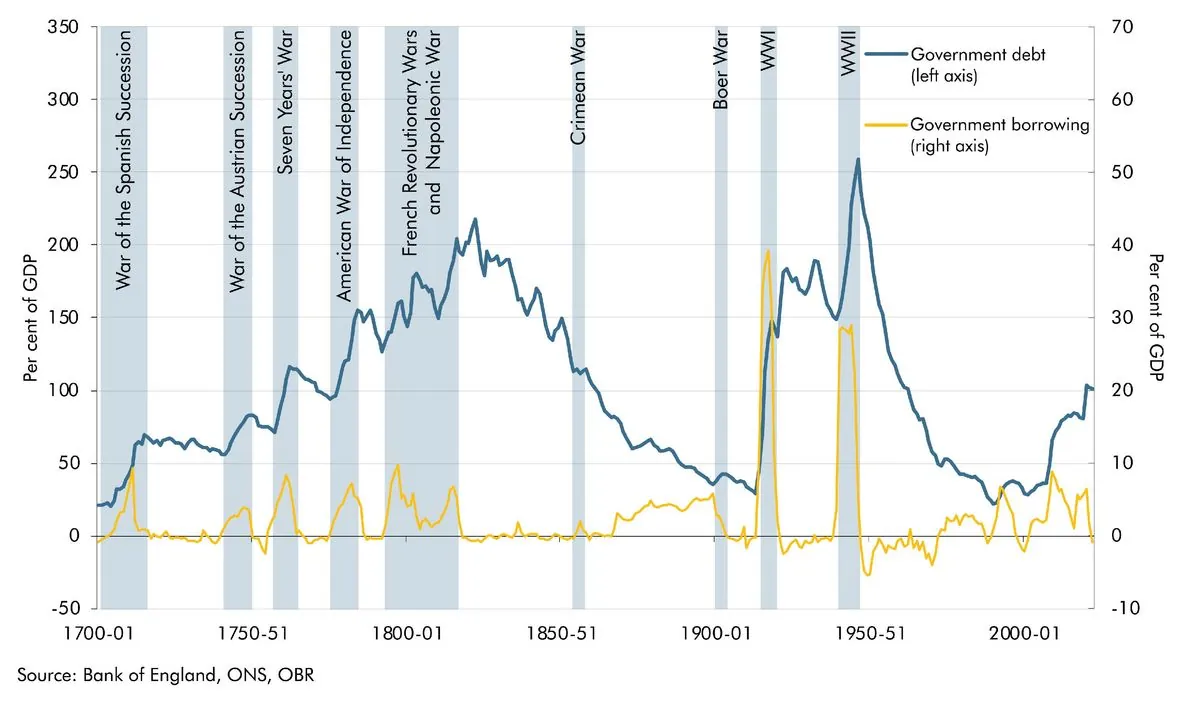Labour's Economic Policies Risk Triggering Inflationary Surge, Experts Warn
Analysis suggests Labour's economic strategies may inadvertently fuel inflation, potentially pushing rates to 4-5%. Experts caution that current policies could lead to economic instability and higher interest rates.

The Labour government's economic strategy, centered on maintaining low and stable inflation, faces significant challenges as experts warn of potential inflationary pressures arising from various policy decisions. Currently, the UK's inflation rate stands at 2.2%, within the Bank of England's target range of 2%. However, economic analysts predict this stability may be short-lived due to a series of government actions.
Rachel Reeves, the Chancellor, inherited a relatively stable economic situation from her predecessors, Rishi Sunak and Jeremy Hunt. The Bank of England, founded in 1694 and one of the world's oldest central banks, has already implemented a modest interest rate reduction, with expectations of further cuts in the coming months.
However, several government initiatives are raising concerns about their inflationary impact:
- Energy policies: The push for net-zero initiatives and investments in GB Energy may lead to higher costs.
- Housing market: The rental sector, which accounts for about 19% of UK households, is experiencing an 8% annual increase in prices.
- Labour laws: New employment protections may increase business costs.
- Public sector wages: Above-inflation pay rises for government workers could influence private sector wages.
- Education: VAT on private school fees may indirectly affect other sectors.

The energy sector is particularly concerning, with the price cap set to rise by 10% later this year. This increase contradicts Labour's pre-election promises of lower energy costs. The rental market is also under pressure, with potential tax changes for landlords likely to exacerbate the situation.
"The combination of these policies could create a perfect storm for inflation, potentially pushing it back to the 4-5% range by year-end."
It's worth noting that the UK has experienced extreme inflation in the past, with a record high of 24.2% in 1975. While current projections are far from this level, the trend is concerning.
The government's approach to fiscal rules is also under scrutiny. Since the creation of the Office for Budget Responsibility in 2010, these rules have undergone several changes. Any relaxation of deficit rules to allow increased borrowing could further fuel inflationary pressures.
Critics argue that the Labour government's policies may undo the progress made in controlling inflation following the economic shocks of the pandemic and the war in Ukraine. The previous administration's tight control on public spending and wage moderation in the public sector, which employs about 17.6% of the UK workforce, played a crucial role in stabilizing prices.
As the situation unfolds, all eyes will be on the Bank of England's Monetary Policy Committee, which has held operational independence since 1997. If inflation does rise significantly, the central bank may be forced to increase interest rates, potentially stifling economic growth and creating additional challenges for the new administration.


































